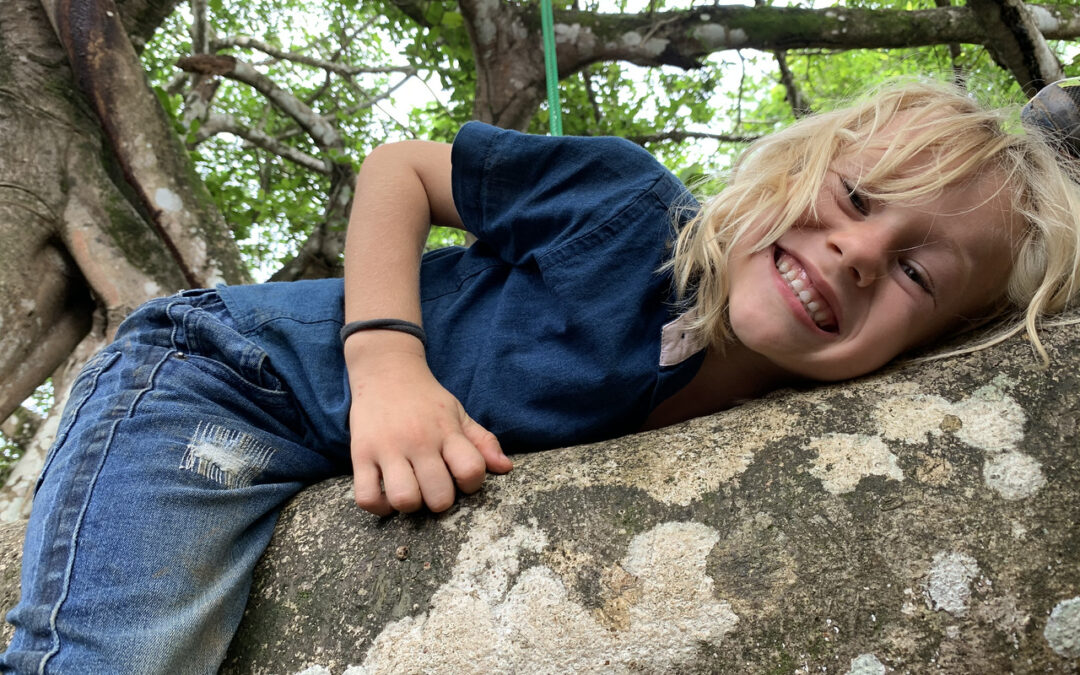
by Stephanie Nuñez Jiménez | Aug 4, 2021
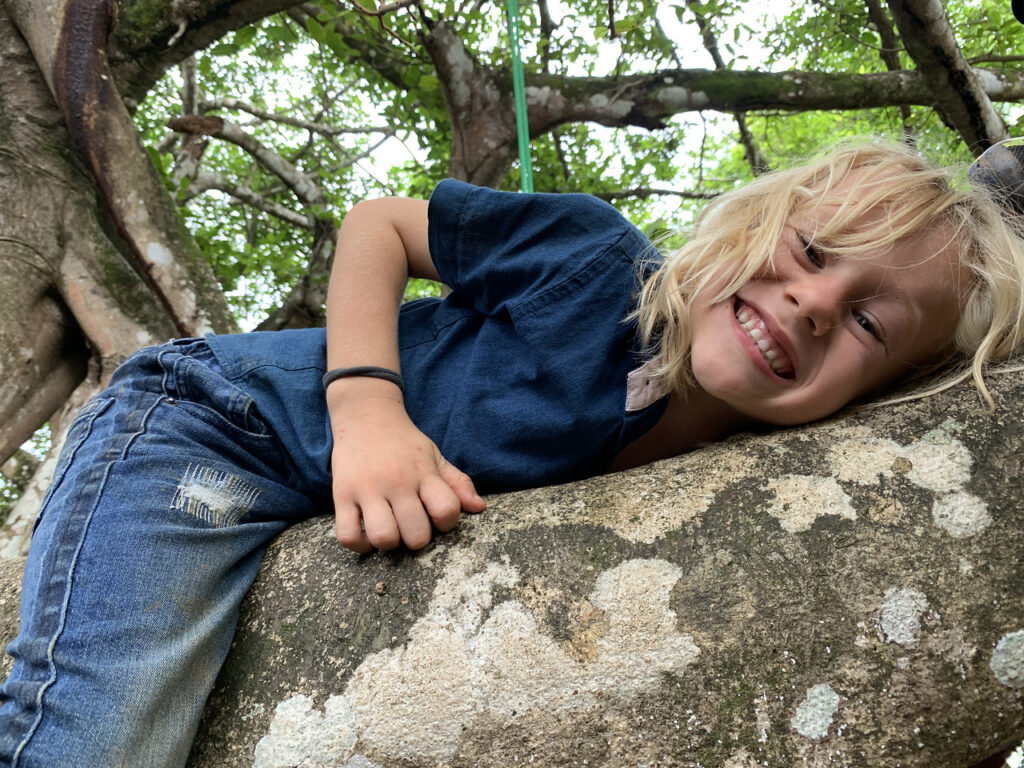
Here in Preschool it should come as no surprise that our priority is…FUN!
Yes, we are responsible for our student’s first experience of what school is and yes, we take that responsibility very seriously.
Yes, our students learn about the structure of school and what the expectations are for their behavior.
Yes, our students are learning how to socialize with other students, how to form friendships and how to resolve conflicts.
Yes, our students are engaged in a rigorous academic program where they are obtaining the basic skills of literacy, numeracy and critical thinking that they will require to succeed in future grades.
BUT… our philosophy of instruction is based on PLAY. Multiple studies over decades of research have shown that all students, but especially those 6 and under, learn most effectively when they are enjoying the learning process. In our classroom, we ensure that our instruction is play based by providing a variety of activities for our students to choose from during center time, allowing our students autonomy over their learning. We build up our skills to work on whole group projects, and go on journeys of investigation as a class. We allow the students to explore the concepts of each unit, taking into account a variety of learning styles: auditory, visual, reading and kinesthetic.
We are honored to be charged with the facilitation of an engaged and enjoyable relationship with learning for our littlest school citizens. We thank you for reading and leave you with one suggestion ….go outside and PLAY!
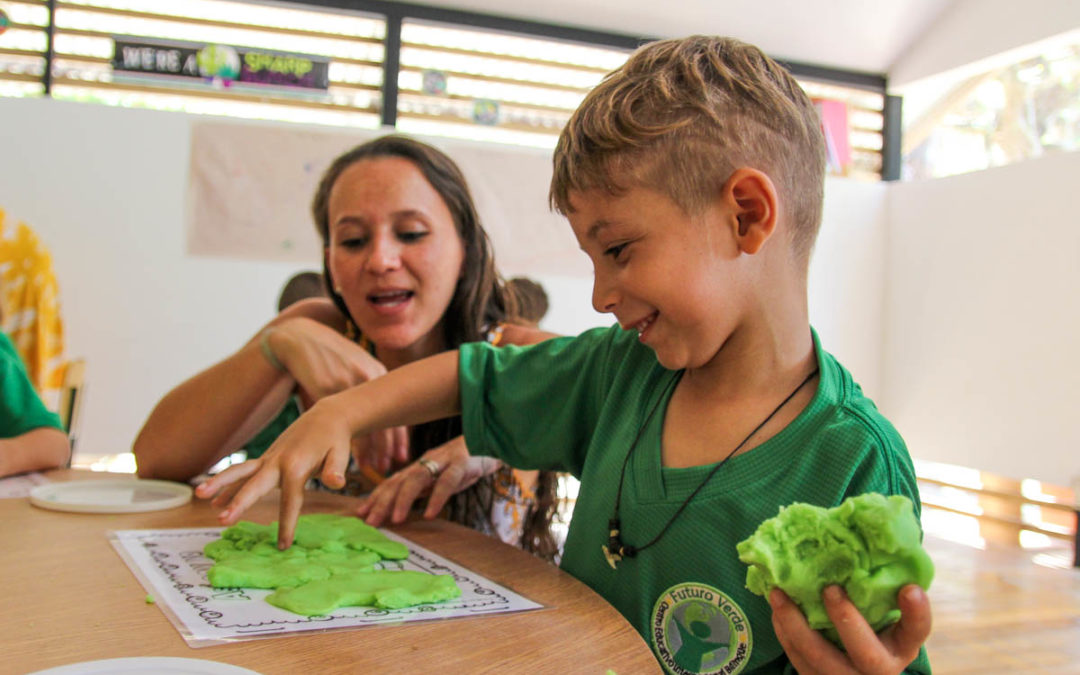
by Angie Briceño | Feb 24, 2020

Throughout the 2020 school year, you might notice some changes and improvements within our preschool department. We are starting off the school year with our two spacious, improved and cooler classrooms, where our youngest students can enjoy learning in each developmental area. The preschoolers will learn through movement-based and music activities, explore the texture area, observe, create, and develop their own ideas in the area of thinking and expand their love of reading in the areas of language and literature.
The teachers have worked hard, as they do every year, to make this year’s preschool department a learning experience each and every day. In each of these learning areas the children will develop skills that allow them to be lifelong learners: thinking skills, making connections between learning and life, exploration, observation, and more. The beauty of the process is that through learning histories, which teachers create by documenting the learning process through photos, videos, and observation, parents will be able to feel closer to their children’s learning.
We will also have teachers who are working with our youngest children at Futuro Verde to further strengthen students’ love of language and literature. We look forward to seeing you on Back to School Night so that you can explore these areas and more with your child in the preschool department!
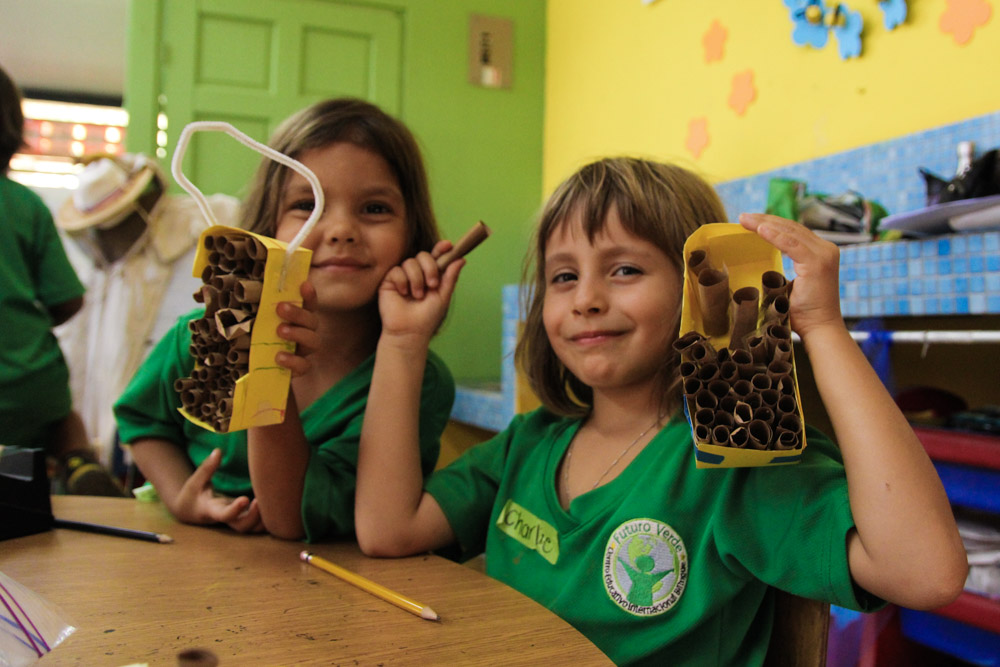
by Futuro Verde | Jan 7, 2020

The new school year is fast approaching and at Futuro Verde, the preschool department is preparing to receive the students with our gentle start program, which is designed to provide a gradual and optimal transition to our youngest students. In order to ensure that the gentle start program is clear to all, you will find the details here below.
Gentle Start Schedule
February 10th, 12.30 pm – 3 pm: Open House
Open-door event for the entire school, including the preschool department, to learn about the school, teachers and staff who will work with and support your child all year.
February 11th and 12th: Preschool Department, Gentle Start: interviews with preschool students and families.
Futuro Verde office staff will arrange appointments for individual meetings with each family. During this appointment, families meet with the two preschool teachers to get to know each other, share important details about the students and reach an agreement regarding the goals for the year.
February 13th: first day of school for Prepa (no classes for Pre-K or Kinder).
Both teachers work together on this day to meet our preparatory students and ensure that students adapt to their new role as older students in our preschool department.
February 14th: First day of classes for Pre-K and Kindergarten (no classes for Prepa).
It’s our little ones’ turn to have the day just to themselves! The two preschool teachers work together on this day to meet our Kinder and Pre-K students and ensure that they feel comfortable starting the new school year.
February 17th: All students in the preschool department have their first day of school together, from 8:00 am to 3:00 pm.
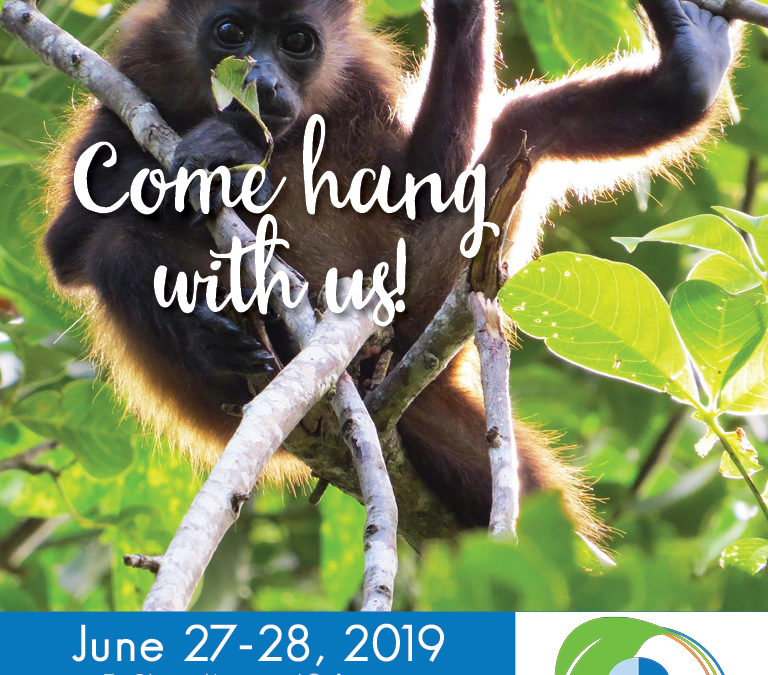
by Lural Ramirez | May 7, 2019
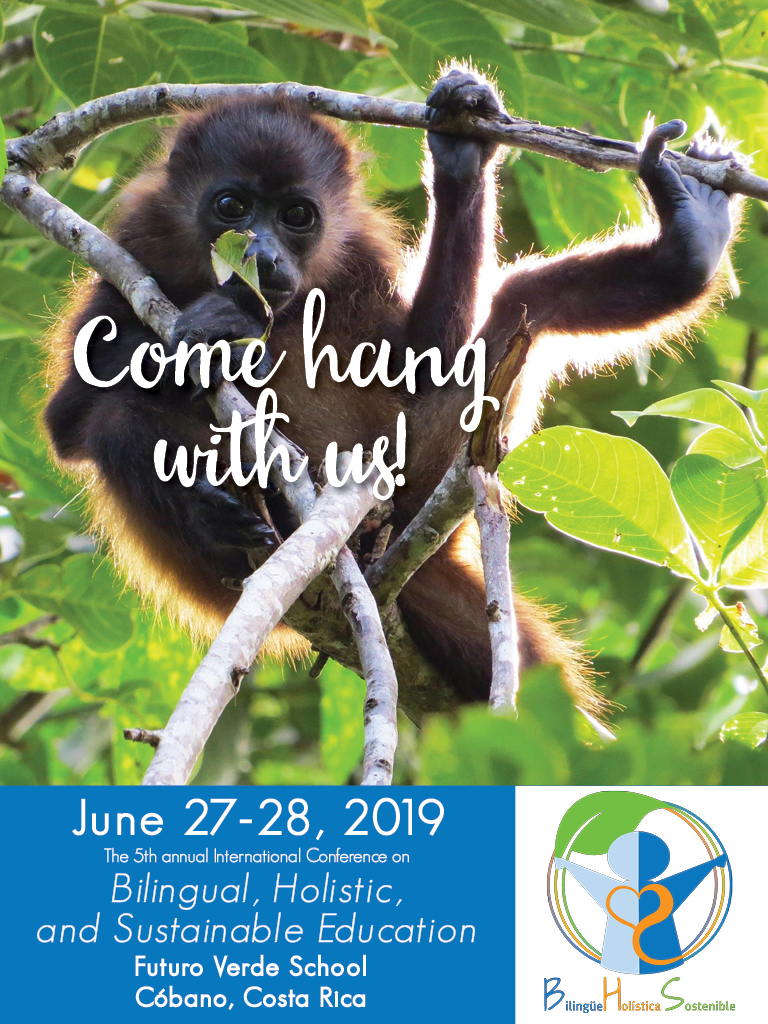
Have you heard about Futuro Verde’s annual education conference held on our campus on the last Thursday and Friday of June each year? Attendees from years past can attest to how unifying the conference is with attendance by educators, community members, parents and students from around the peninsula, Costa Rica and the world.
This year’s conference is gearing up to be another great experience! Click on the link below to register and read the flyer below for details on the basics of registering and getting involved in this year’s conference! And, don’t forget! Our Call for Proposals is currently open for submissions. If you are an educator or community member with something to share in the area of bilingual, holistic or sustainable education, submit your proposal today!
Registration Form
Call for Proposal
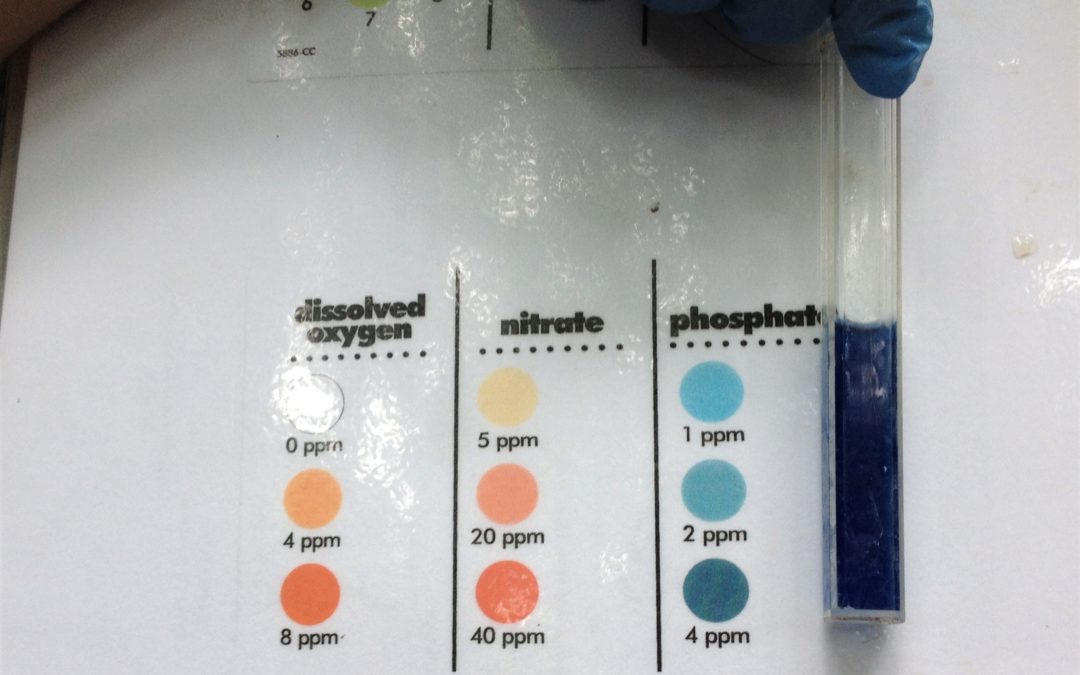
by Debbie Bruylant | Sep 21, 2017
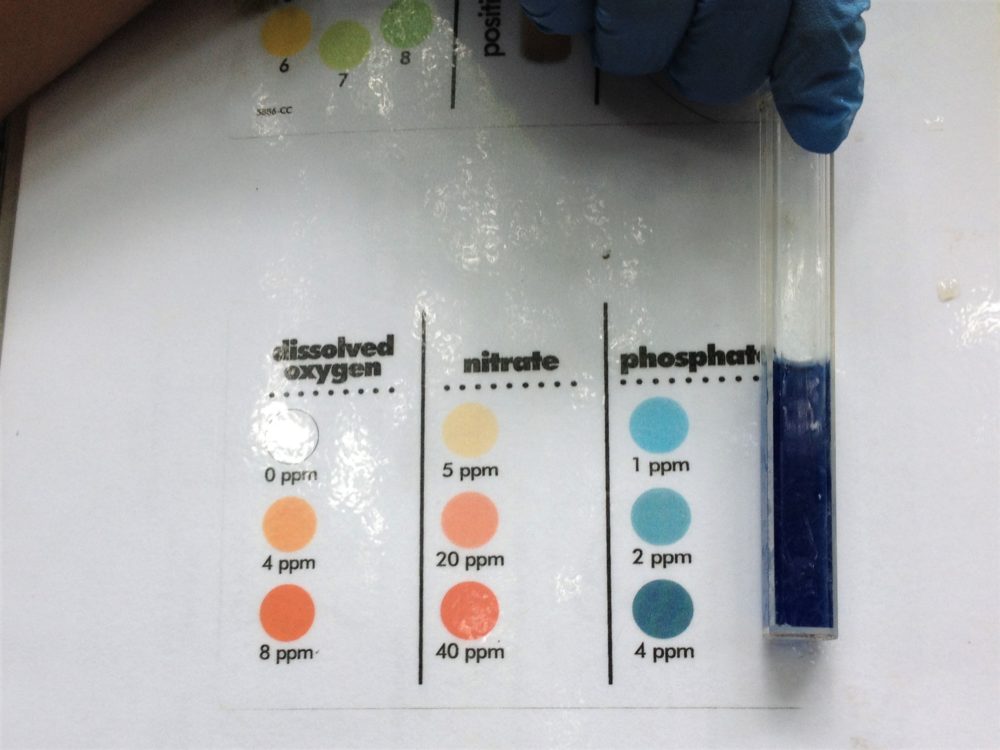
Do you know how to determine the water quality of a river? What parameters should you take into account? What equipment do you need to carry out the analysis?
Four students from Futuro Verde inquired about these questions in the month of June 2017. Together with their environmental education teacher and three students from the National University, they explored the Danta River in Santa Teresa with the aim of evaluating its water quality in the framework of a project that seeks to promote the scientific learning of the students, generate awareness about the country’s water resources and involve students in community problems.
After an informative session at the institution, the students took samples of the Danta River at two different locations on June 3rd, 2017. Our student scientists came to the following conclusions: the visual analysis of the river clearly shows the effect of the lack of urban planning, the lack of macro-invertebrates is alarming in both points, and the physical and chemical parameters describe a river that suffers from contamination.
With the arrival of new scientific sampling equipment to our FV lab, we will be exploring more rivers in the community! One of the objectives of “We are all water” is to extend the activity to community members. If you are interested in learning about the water quality of the rivers in our area and collaborating with our student scientists we invite you to contact Javier Cáceres at
Javier@futuro-verde.org.

by Angie Briceño | Aug 23, 2017

When I was in New Zealand in 2015 studying their education system, I was awe struck by their commitment to early childhood education. The government of New Zealand funds 20 hours of preschool for every child beginning at age 3. New Zealand has a vision for the members of their society to be confident, connected, actively involved, and lifelong learners. They value excellence, innovation, inquiry and curiosity, diversity, equity, community and participation, ecological sustainability, and integrity. They also know that the path to confident, connected, actively involved lifelong learners begins at birth. They understand that an investment in preschool is cost effective because it only strengthens the economic and physical health and well-being of their society in the future.
I left New Zealand wishing that preschool were an option for every child in every country. Wherever preschool is optional and/or unfunded, it vastly downplays the importance of its role in a child’s development. Preschool is a place for exposure to language and numbers and science and the arts, and it is also the place where children form reciprocal relationships with peers and adults outside of their family. Where they learn to take turns and take responsible risks and problem solve. Preschool should be neither glorified babysitting nor kindergarten delivered earlier. Whereas reading, writing, and math should not be withheld from our youngest learners, the primary focus of preschool should be social and emotional development. When children don’t first learn to recognize, name, and problem solve their own emotions and conflicts, it makes academic learning of primary school content much more difficult. Going to preschool is like laying the foundation upon which a house will be built. It is time consuming and, if done right, eventually overlooked as the more interesting parts of the house are constructed. But if it is missing, it is much more difficult to find solid footing upon which to lay the bricks of the house.











